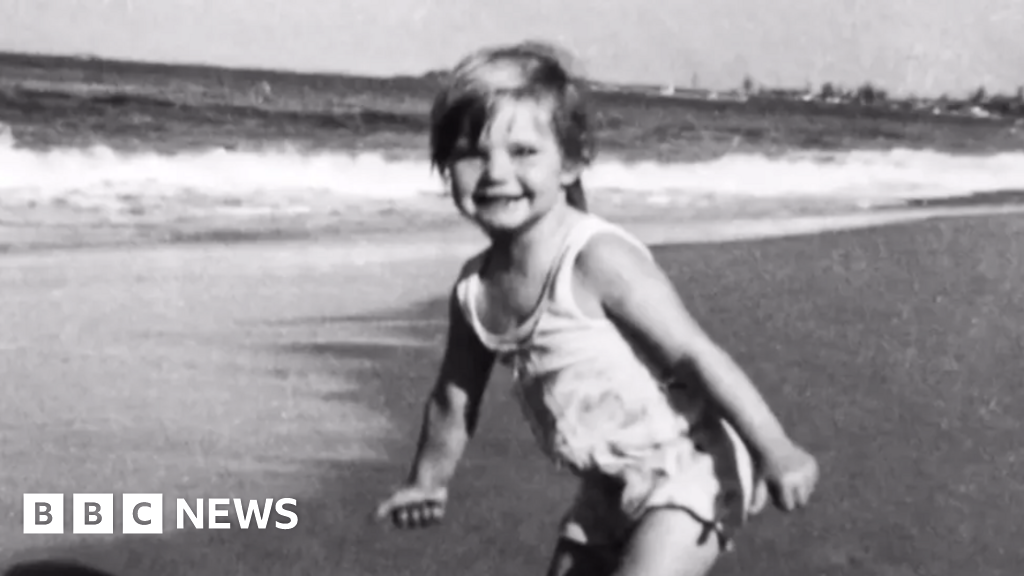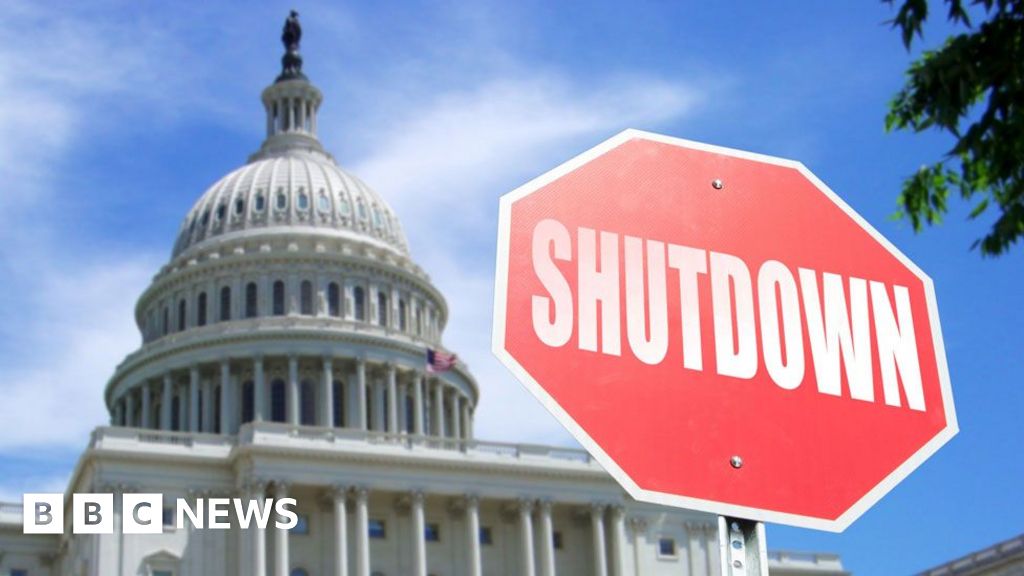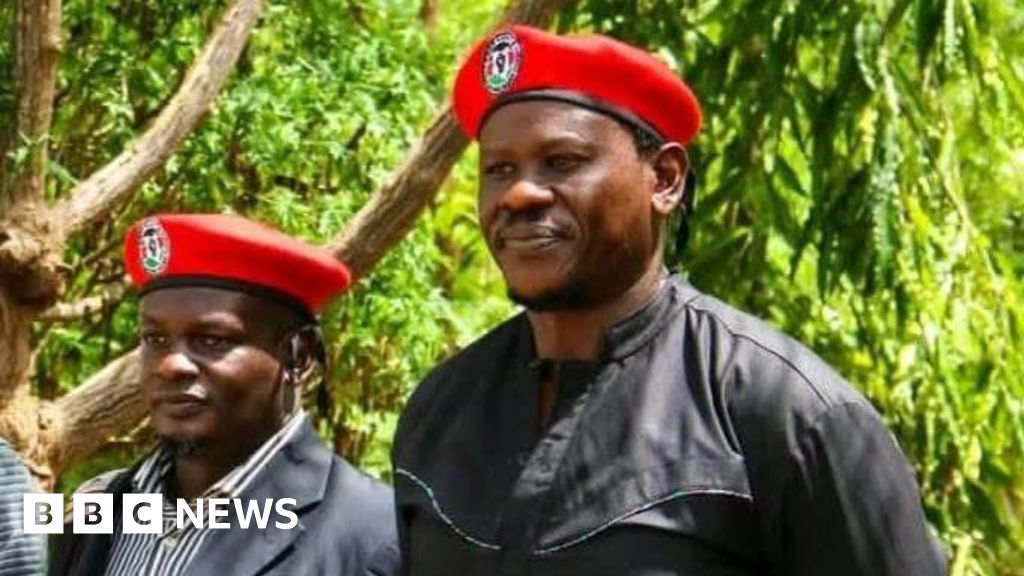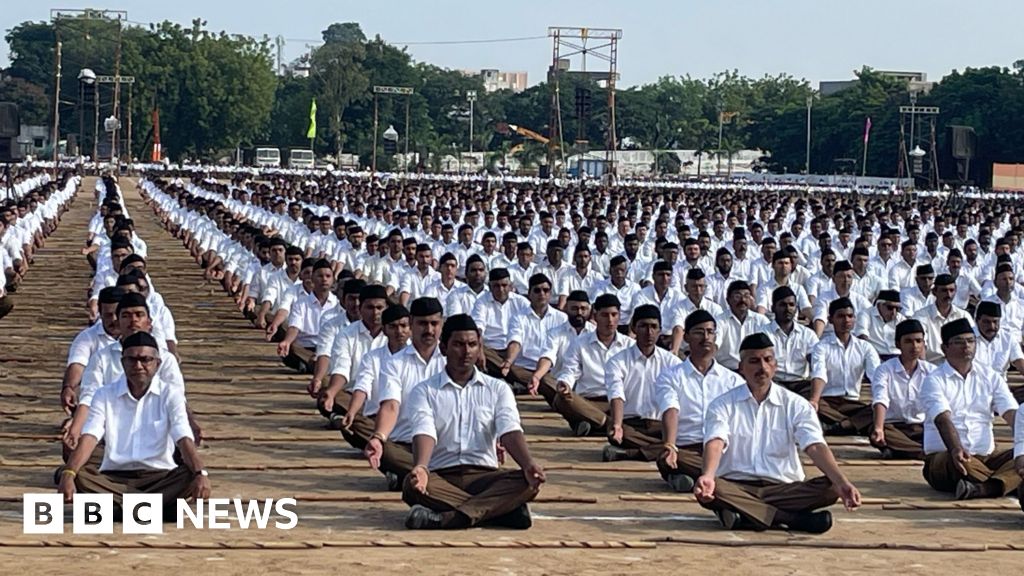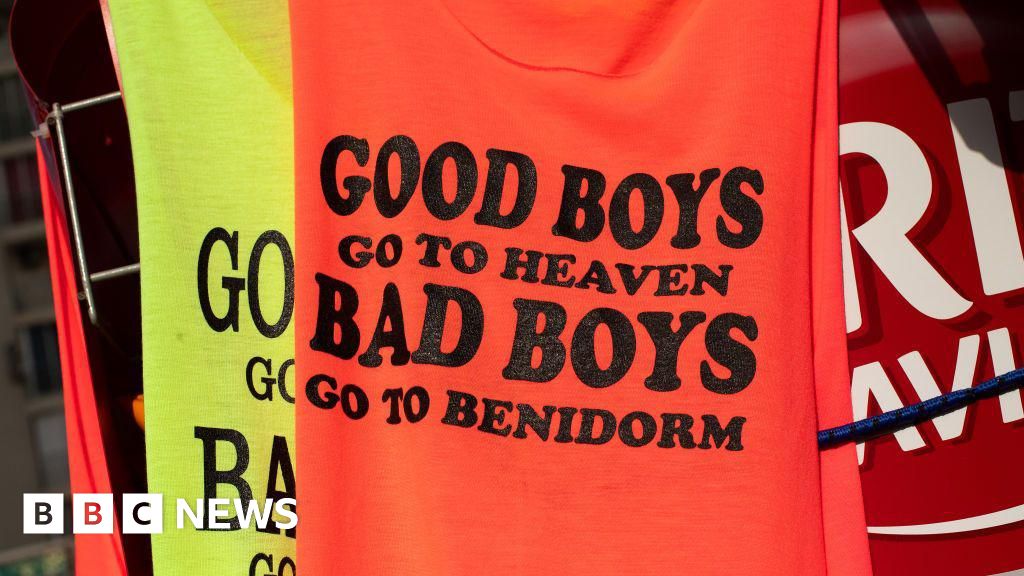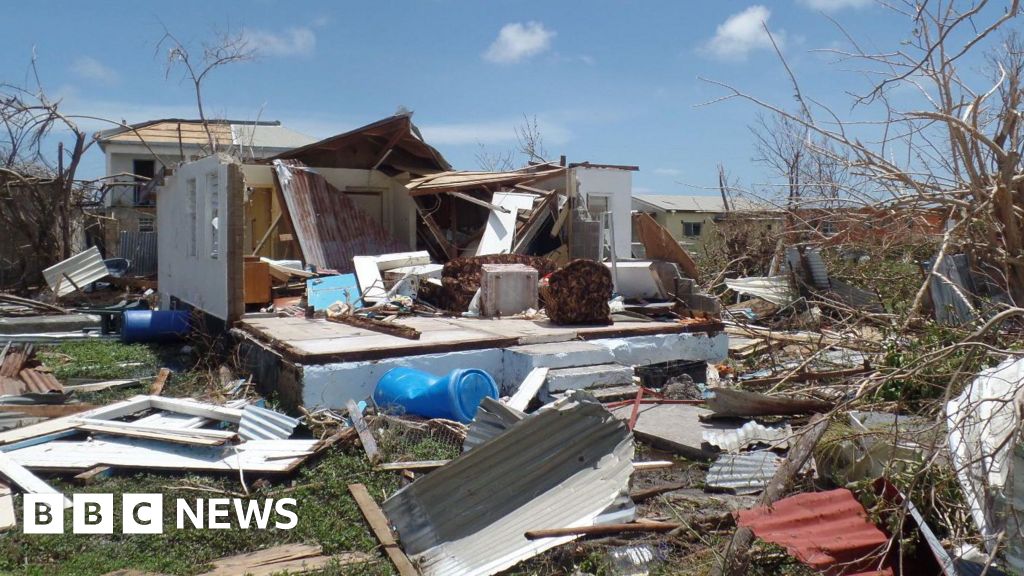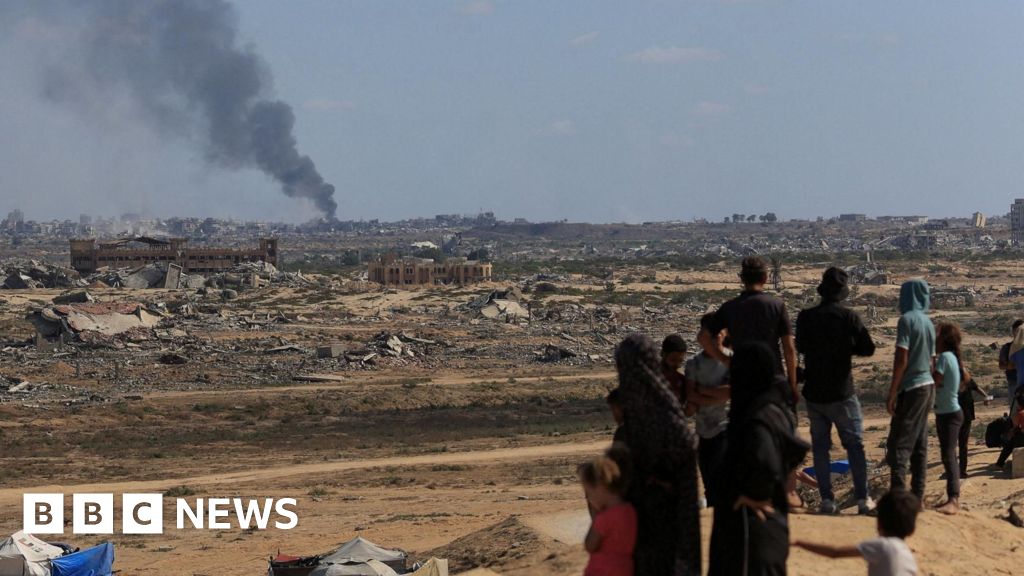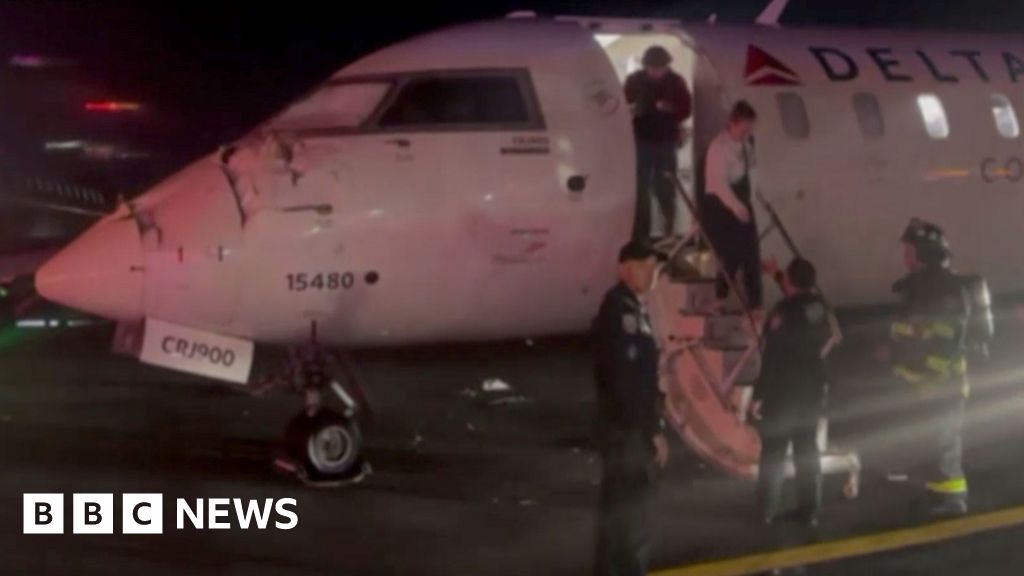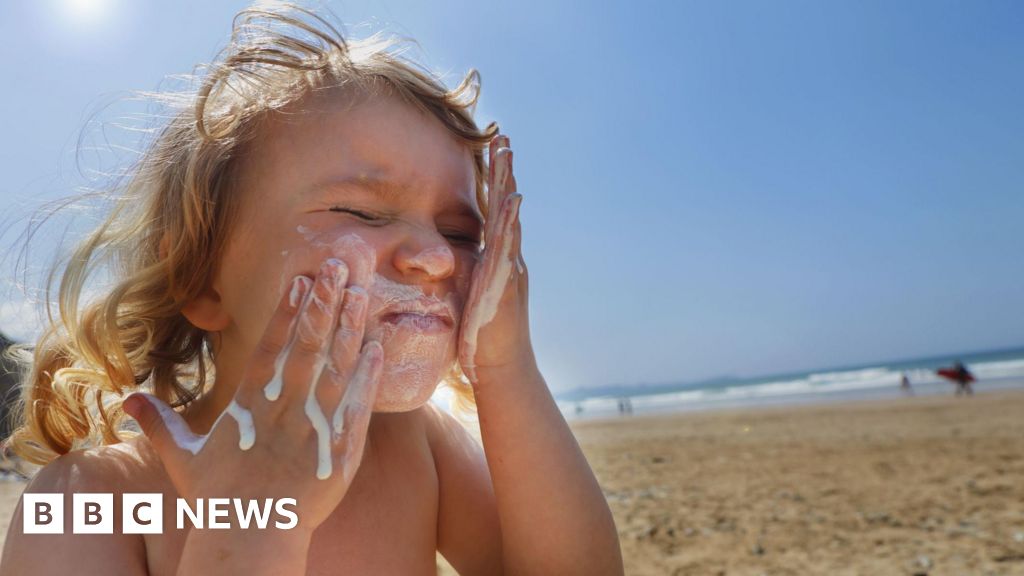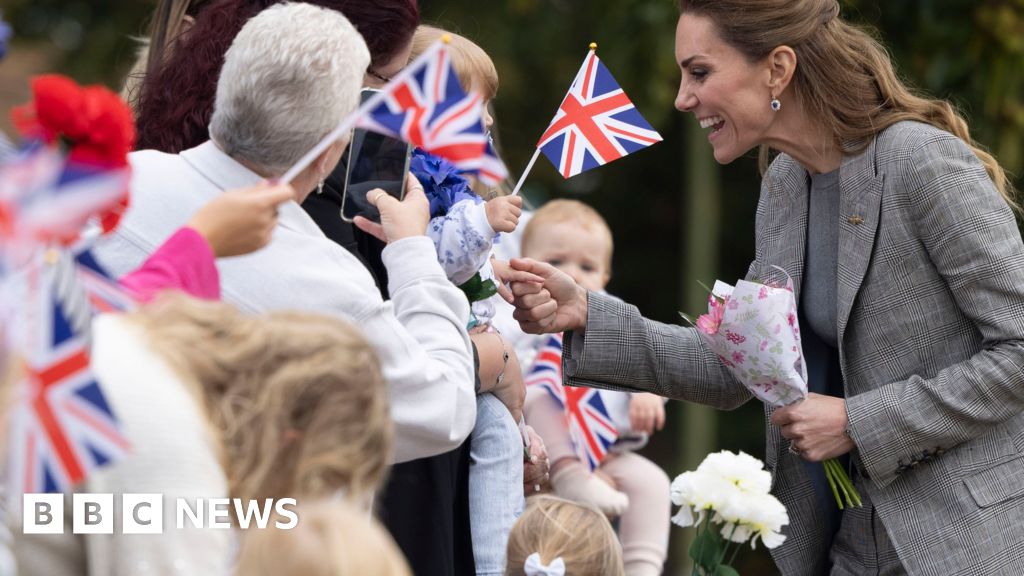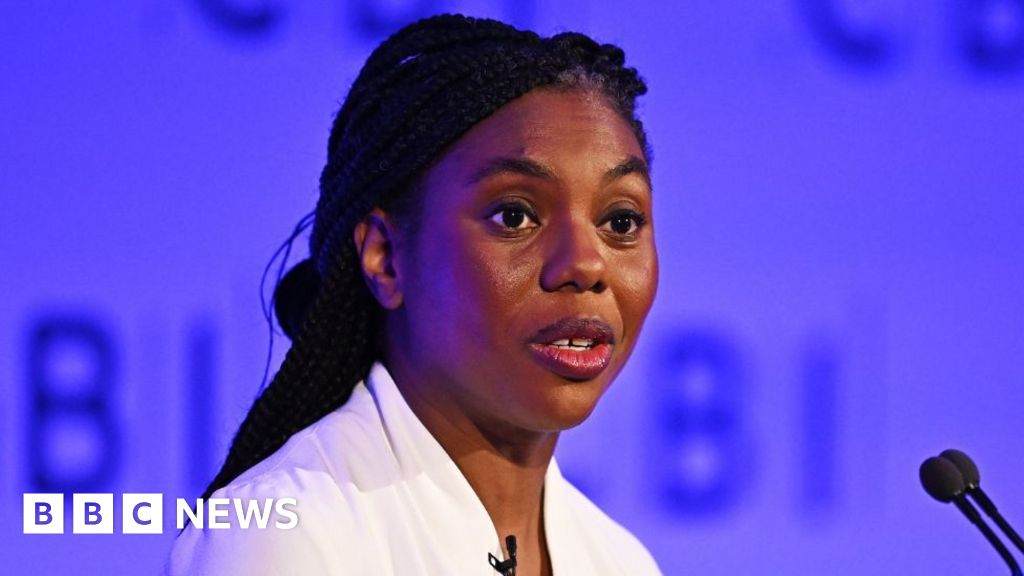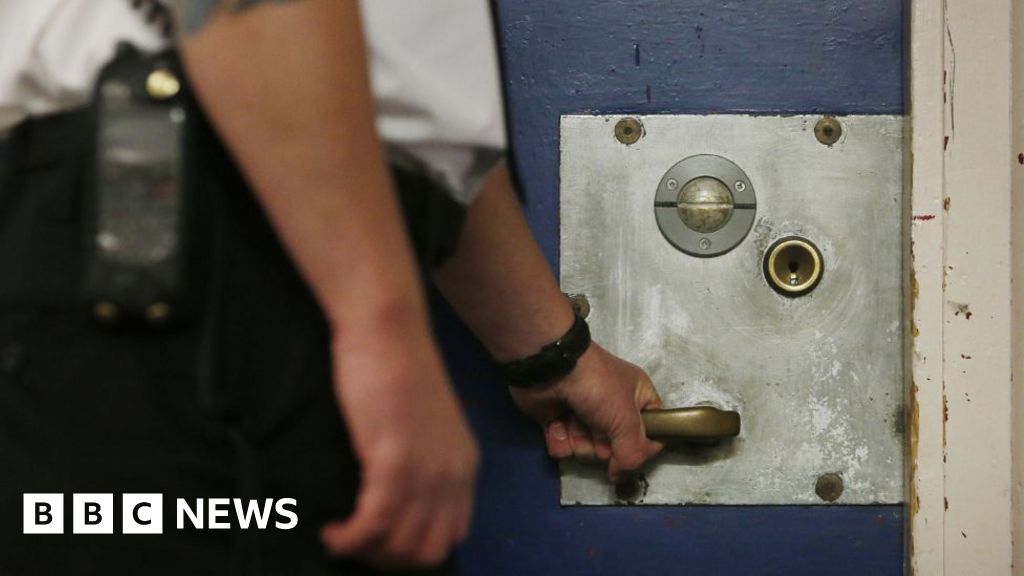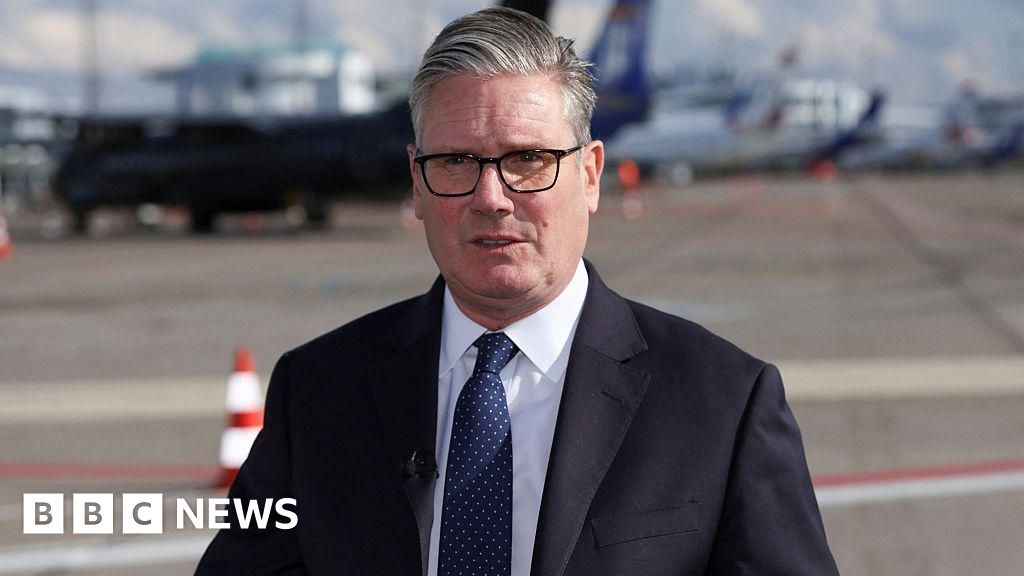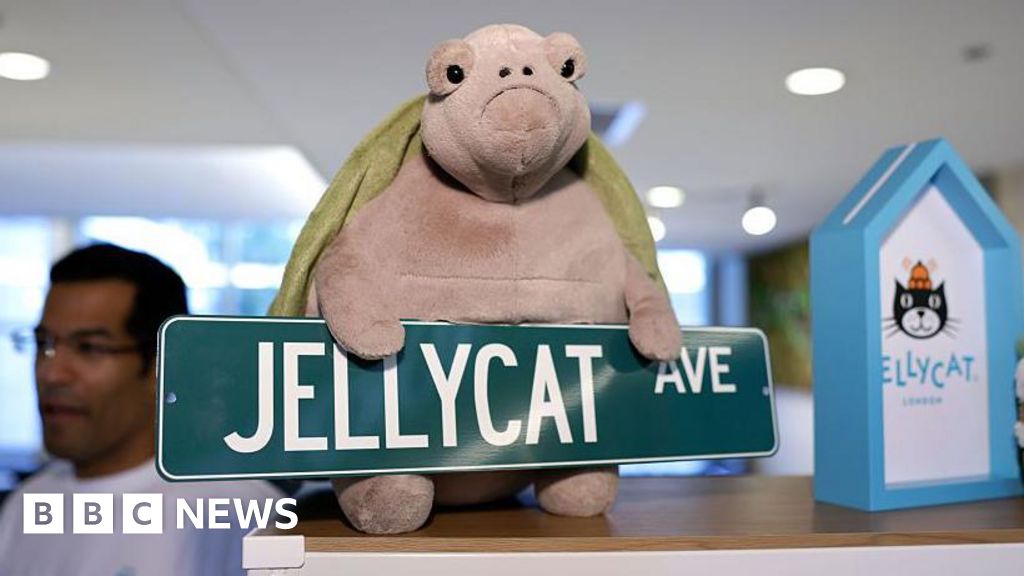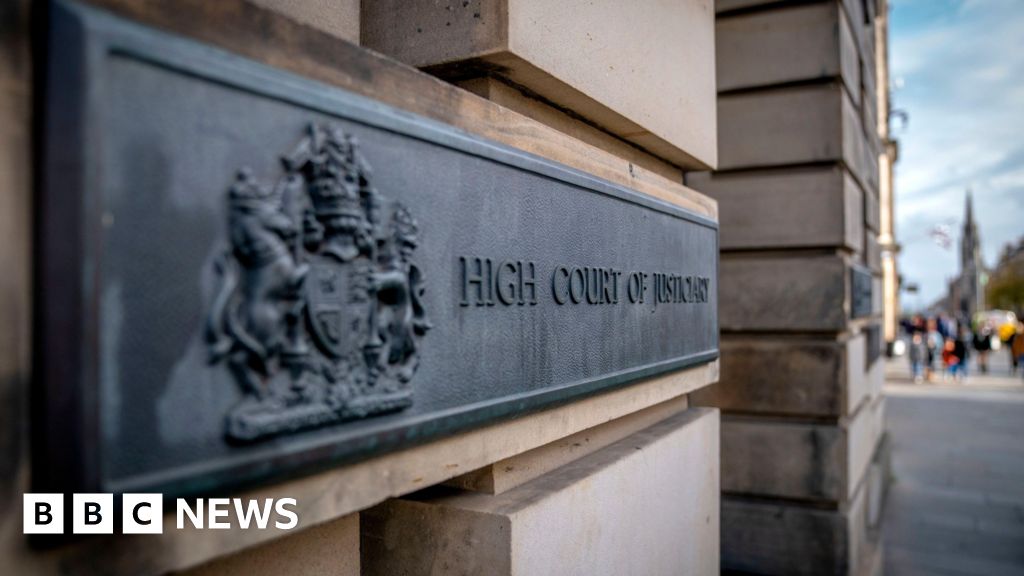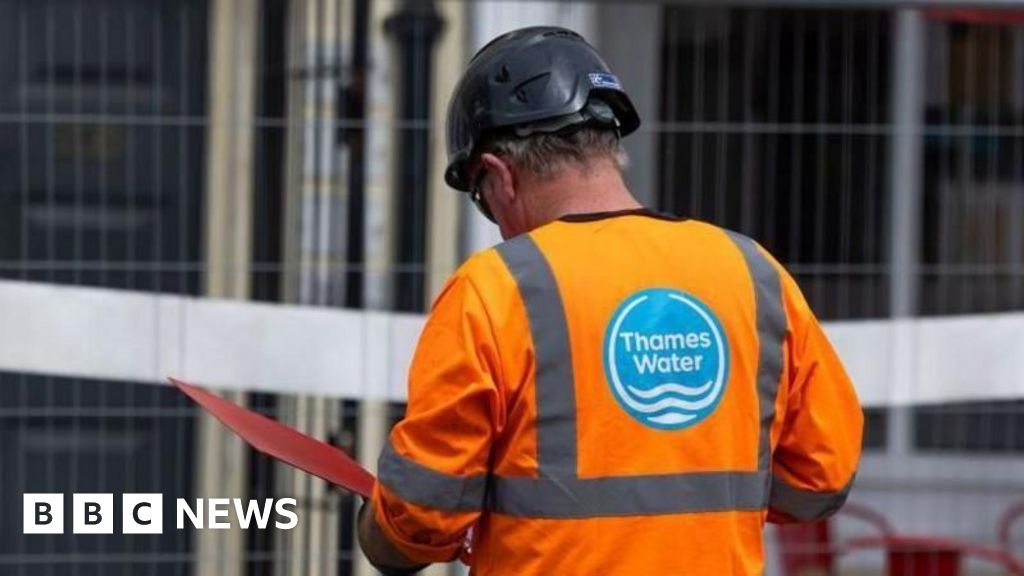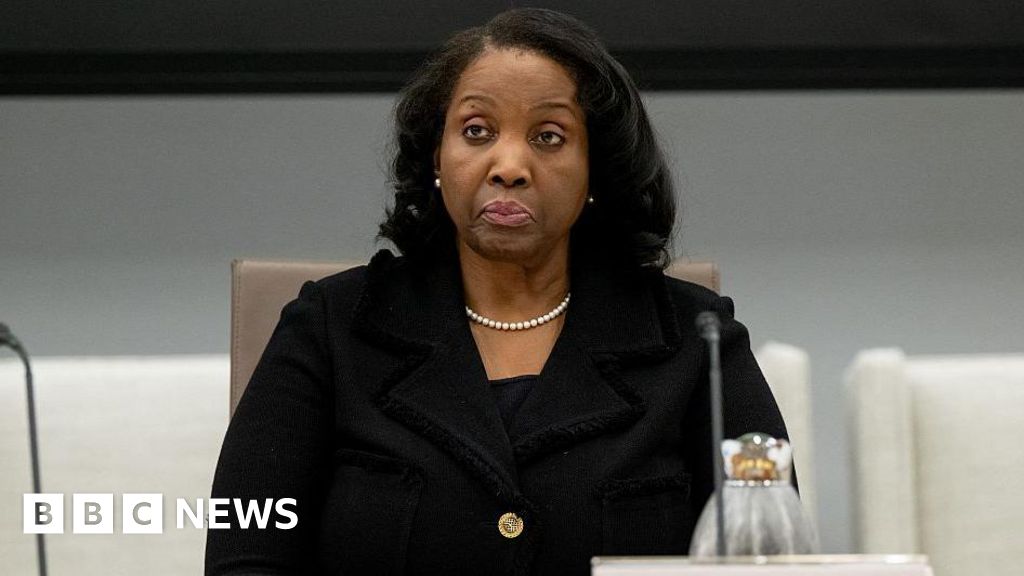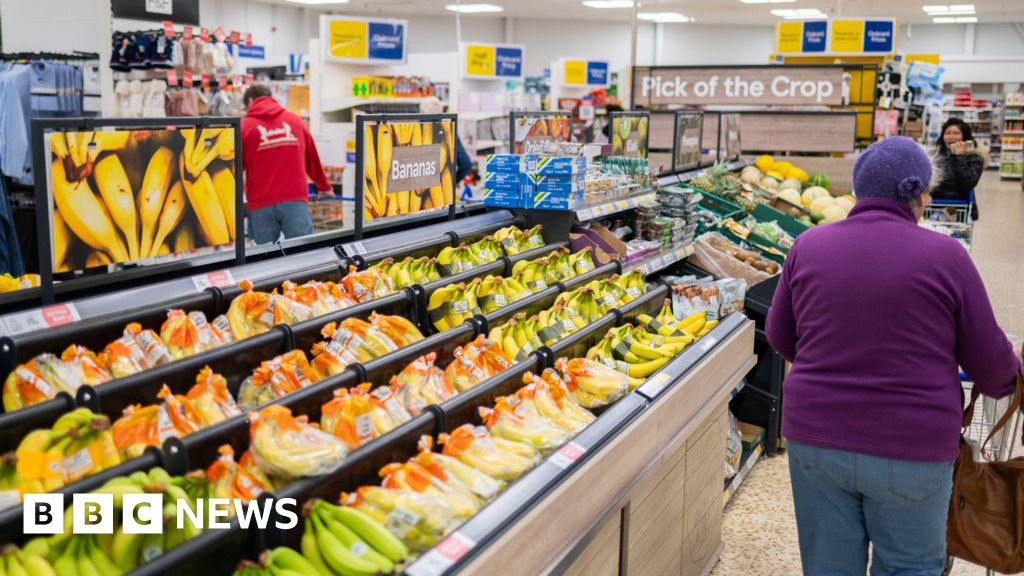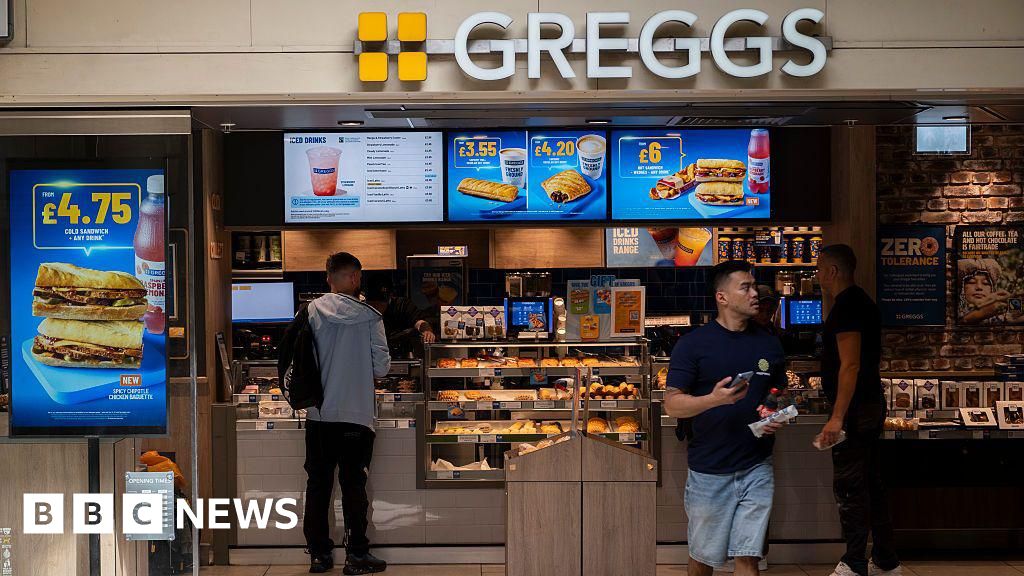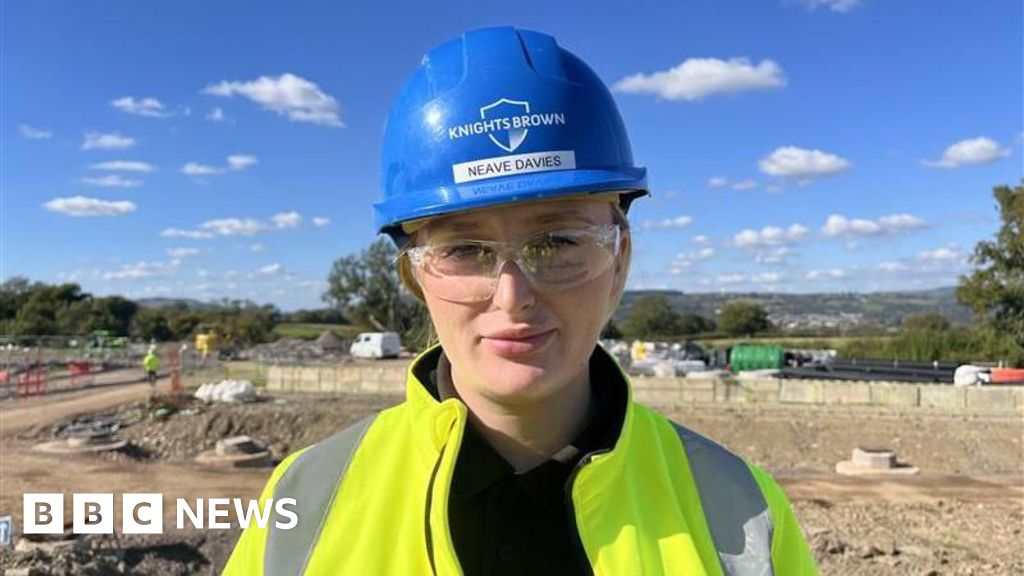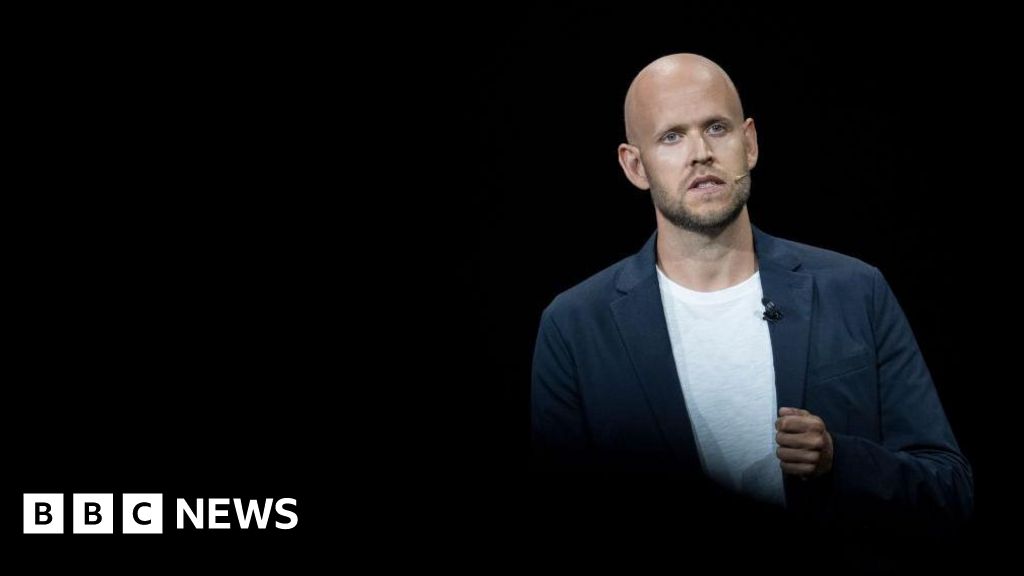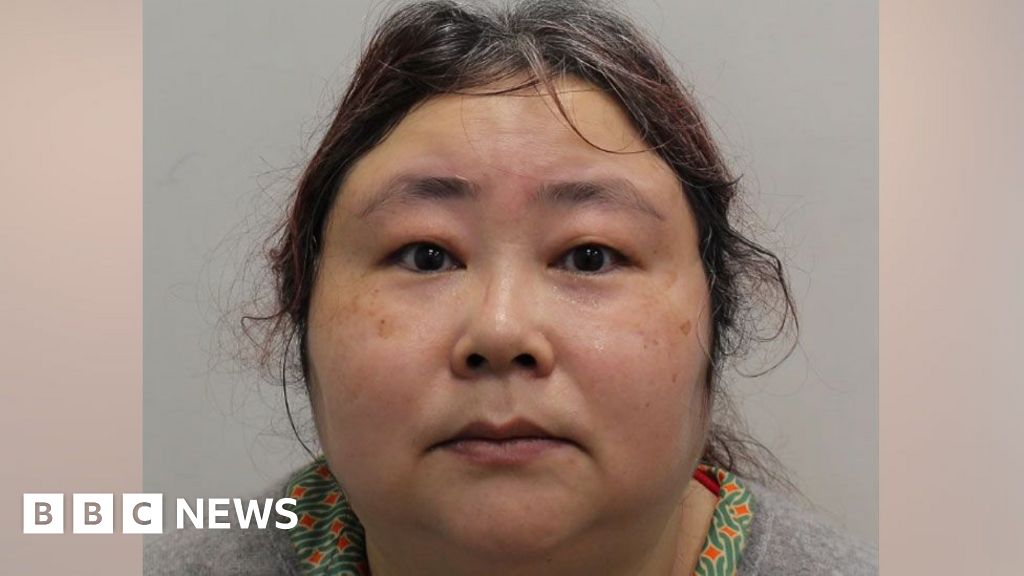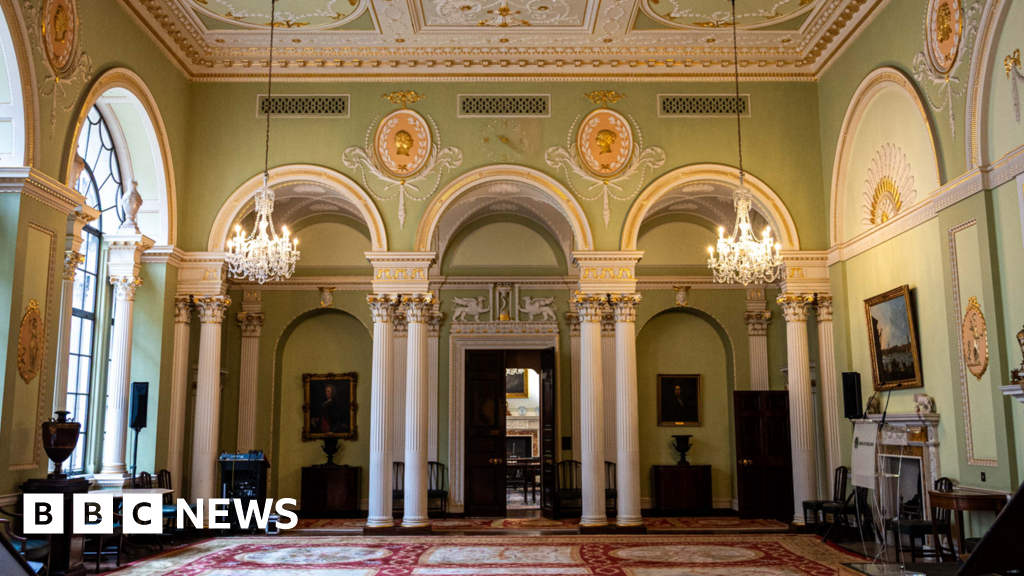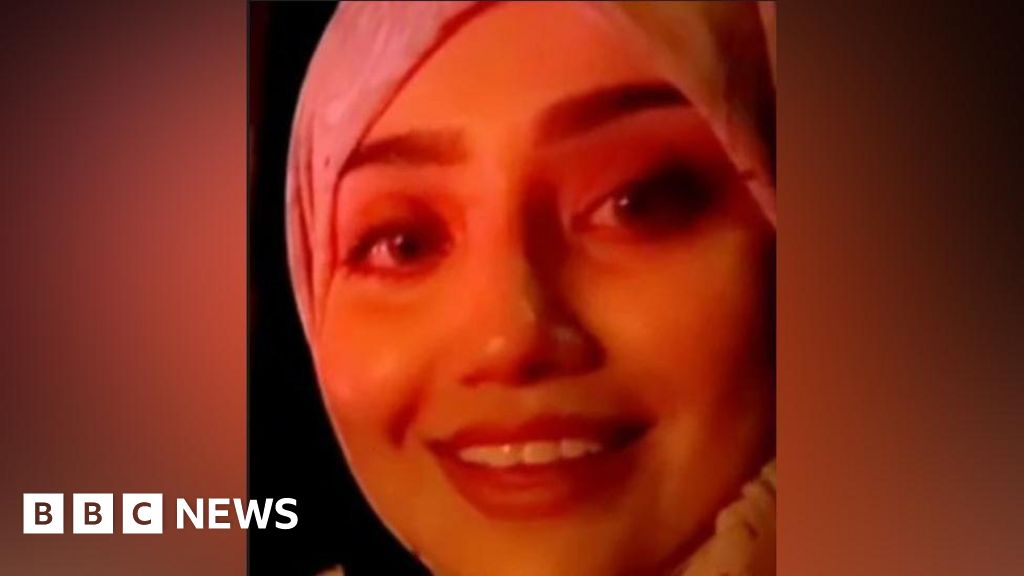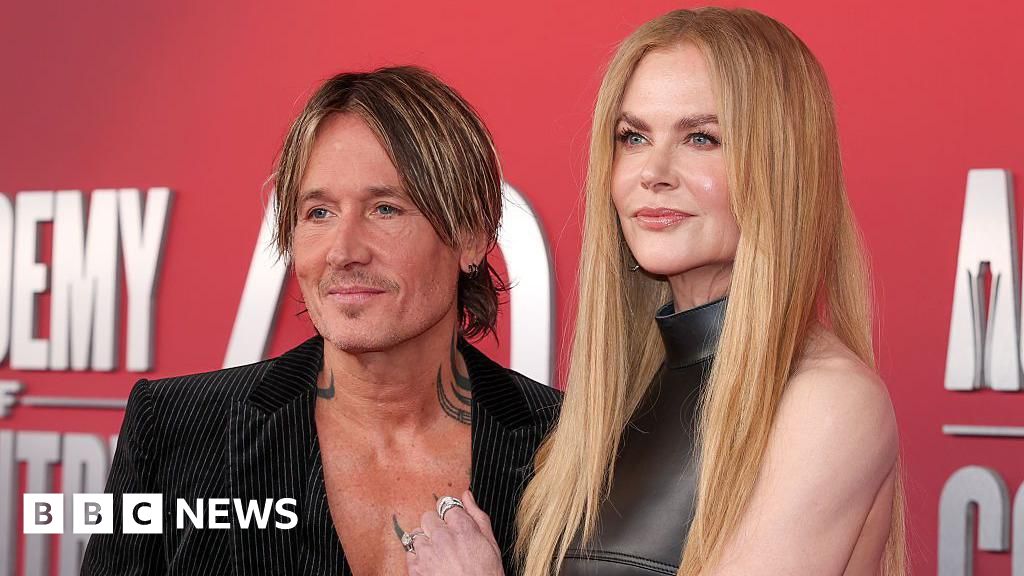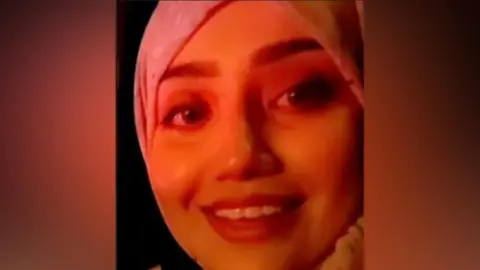 Supplied
SuppliedWhen Lolita came to Australia in 2022, she was fleeing an older man she’d been forced to marry as a child in Saudi Arabia.
She told confidants she’d escaped a cycle of violence and sexual servitude so extreme it had repeatedly landed her in hospital.
But less than a year after her arrival, she vanished – last seen by a friend who claims he watched as she was taken from her apartment by a group of Saudi men in a black van.
Records show that Lolita, who is in her early 30s and goes by a single name, was put on a flight from Melbourne to Kuala Lumpur in May 2023. From there, her lawyer believes she was returned to Saudi Arabia and detained.
But Lolita’s exact whereabouts and safety – or whether she is even alive – remain unknown.
It’s far from the first time the mysterious plight of a Saudi woman fleeing her homeland has ended up in the headlines.
“What makes this case particularly compelling, compared to some other cases of Saudi women who have disappeared… or turned up dead, is that we have a witness,” says solicitor Alison Battisson.
The Saudi Arabian embassy in Canberra declined to comment. However, in a statement to the BBC, the Australian Federal Police said it became “aware” of the alleged kidnapping in June and had “started making immediate inquiries” both within the country and “offshore”.
Advocates fear Lolita’s case is part of a growing trend in Australia, in which agents of other countries are monitoring, harassing or assaulting their expats with impunity.
The government has declared foreign interference – of all forms – its “most significant” national security threat and promised a crackdown.
But Ms Battisson and other rights campaigners are questioning how a woman – who had told immigration authorities she was fleeing violence – could allegedly be snatched from her home in broad daylight.
Up and vanished
Lolita first came to Melbourne in May 2022, according to flight records.
Although she mostly kept to herself, she soon struck up a friendship with a Sudanese refugee who had also lived in Saudi Arabia, as an undocumented migrant.
It was Ali – not his real name – who put Lolita in touch with Ms Battisson, as she had helped him with his own asylum claim.
The human rights lawyer spoke frequently with Lolita from that point onwards, describing her as a “soft spoken” woman with a clear resolve to take back her life: “She was determined this was her time.”
But their correspondence ended abruptly in May of last year, after Ms Battisson received a “strange” text message from Lolita.
“It was in much more formal language than she had ever used, and it said, ‘What is my visa status’,” she tells the BBC.
Lolita’s claim for a protection visa – for people at risk of persecution in their home country – had previously been rejected, but Ms Battisson was helping her appeal against the decision. She says that is something her client was acutely aware of, as the two discussed it frequently.
“I now believe that message was actually from the people who had taken Lolita,” Ms Battisson says. She thinks they were trying to work out whether Lolita had a permanent visa, which would have given her the right to Australian consular assistance back in Saudi Arabia.
Then came the radio silence. As the weeks turned to months, Ms Battisson knew in her gut that “something was seriously wrong”.
She couldn’t reach Ali either, which was highly unusual as the two kept in regular contact.
When Ali eventually did return Ms Battisson’s calls, her worst fears were confirmed.
He said that he had witnessed Lolita being taken, but that the incident had left him so paralysed with fear for his own family, that he’d gone to ground.
He detailed his last conversation with Lolita – a frantic phone call in which she pleaded for protection from a group of men planning to take her to Saudi Arabia.
She even sent him pictures of the bags she claimed they had forced her to pack.
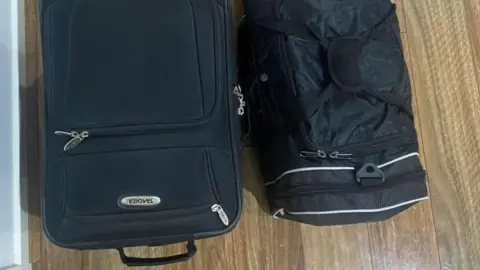 Supplied
SuppliedAli told Ms Battisson he rushed to her flat, but on arrival an Arabic-speaking man threatened him, using personal details that Ali believes could only have come from the Saudi embassy in Canberra.
Changing tack, he contacted a friend and asked him to go to the airport, so the two of them could “create a fuss” and get the attention of security.
But they never saw Lolita in the terminal.
“It took me a year in total to confirm she had been taken,” Ms Battisson says, the dismay in her voice palpable.
The pro-bono lawyer has since been building a paper trail to try to piece together what happened.
“We have phone records and message records of her talking about being frightened. And we also have a pattern of her moving house because of that fear,” she says.
And then there’s the recent testimony of a relative. “As far as they know, Lolita is now in a Saudi prison or detention centre,” Ms Battisson says.
Glaring gaps in the story remain, but one thing Ms Battisson is unequivocal about is that “there are simply no safe options” for Lolita in her home country.
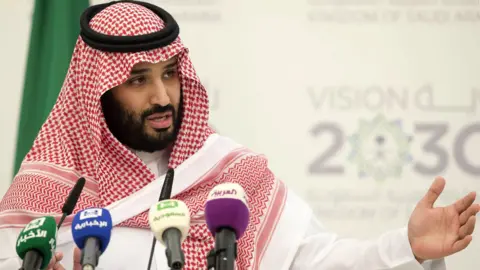 Getty Images
Getty ImagesSince becoming the de facto ruler of Saudi Arabia in 2017, Crown Prince Mohammed bin Salman has, in some ways, sought to modernise the kingdom by loosening its long-standing restrictions on women.
Crucially though, all females still require a male guardian to sign them out of prison, and in Lolita’s case, that obligation would fall to the husband she allegedly fled halfway across the world to escape.
That fact alone, Ms Battisson says, should be enough to convince Australian authorities that there is “simply no way she would have willingly gone back to Saudi Arabia”.
‘The threat is real’
Around the same time Lolita came to Australia, the country was grappling with the mysterious deaths of two other Saudi women.
In June of 2022, the badly decomposed bodies of sisters Asra and Amaal Alsehli were discovered in their Western Sydney apartment.
Little is known about how they died, but police have described the case as both “suspicious” and “unusual”, and it will soon be the subject of a coronial inquest.
But according to those who witnessed their behaviour, Asra and Amaal – who travelled to Australia from Saudi Arabia in 2017 to seek asylum – were living in fear.
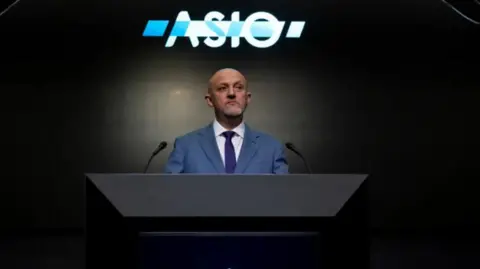 ASIO
ASIOIn recent years, scores of Australians with Chinese, Iranian, Indian, Cambodian and Rwandan heritage have also come forward to report incidents of monitoring, harassment, or assault, by agents they believed were employed by their respective governments.
And Australia’s intelligence chief has said that more people are now “being targeted for espionage and foreign interference” inside the country “than ever before”.
“Australians need to know that the threat is real. The threat is now. And the threat is deeper and broader than you might think,” Mike Burgess said in February.
Earlier this year, a parliamentary review of national foreign interference legislation found “significant flaws in its design and implementation” and that it had “failed to achieve its intended purpose”.
In response, the government announced reforms – which it calls “world-leading” – including the establishment of a support network to help diaspora communities identify and report suspicious behaviour, and a permanent foreign interference task force.
“These are complex problems, and we’re constantly working with our agencies to… protect vulnerable people,” Home Affairs Minister Clare O’Neil said in a statement about the measures.
But it is too early to assess how effective the changes will prove.
It is not, however, too late for the government to help Lolita, Ms Battisson argues. They could issue her a visa and help her return to Australia, a decision that would fall to the Immigration Minister, Tony Burke.
“As a country now, we have the opportunity to ensure that a victim of gendered violence is finally safe,” she says.
“All women deserve a safe environment in which to flourish, which is what Lolita was doing before she was taken.”

